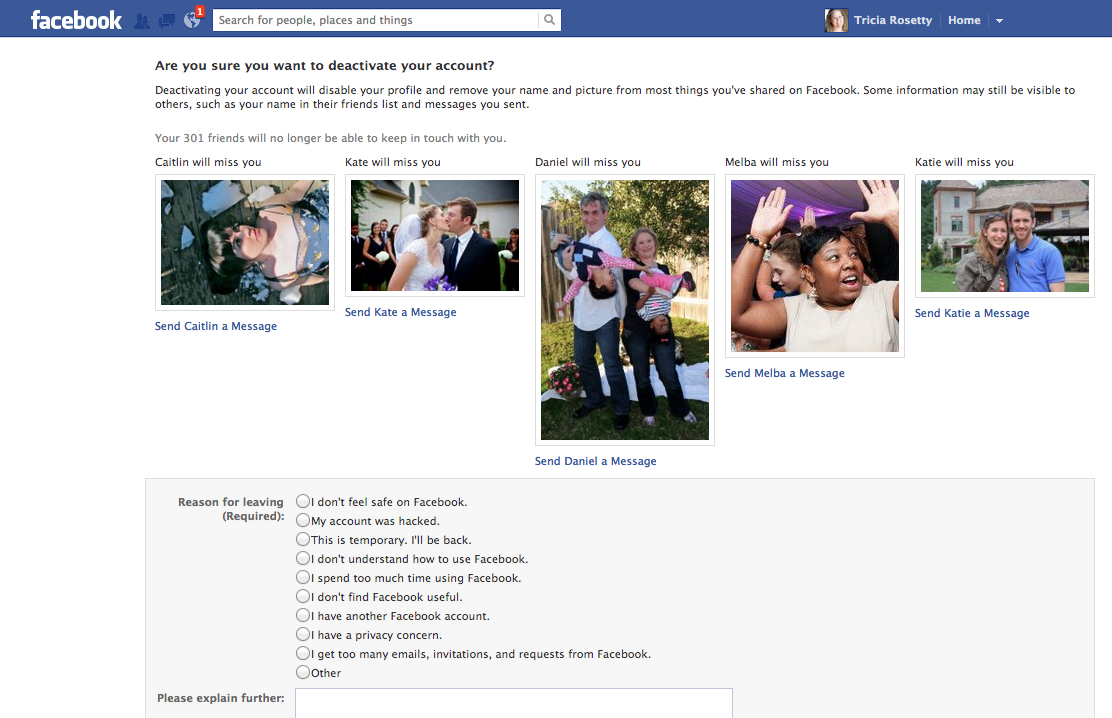6 Things I Wish I'd Learned Earlier
My senior year of high school we were told to write a letter to the incoming senior who would be taking our seat. Unlike most of the students in my class, I was really excited about this assignment in my last days of English class. I'm pretty sure I wrote at least three pages, mostly about how to win scholarships (that's how I paid my way through college). Maybe it's egotistical (and I hope it's not), but I really love figuring things out and sharing that knowledge with other people in similar positions. Last year, I wrote a post for andCulture about things I wish I'd learned in college. In the spirit of that post, I've figured out a few more things I wish I could have told myself earlier.
1. Don't wait for someone else to offer a handshake. Put yours out there.
At a recent AIGA event, I talked about this topic with a male colleague and he was really shocked. I told him that with men, shaking hands is typical not only in business situations, but also in casual situations and friendships. A man's handshake frequency is likely to be higher than a woman's. Since it's more common, it's less thought about—although I think men aren't always sure how to greet women when it comes to casual handshaking.
For women, we don't always have this handshaking relationship with others, men or women. In the U.S. at least, I find myself questioning the proper introduction and goodbye in non-business situations. With women I wonder if we're at the hugging stage. With men I try to guess if he's going to offer his hand first. It was very annoying.
I say "was" because at some point I decided I was tired of the uncertainty. So now, more often than not, I offer my hand first. Sometimes it catches people off-guard, but since it's a socially acceptable greeting, they recover quickly enough. And I feel more confident. So just offer your hand first.
2. Have a bucket list.
I did actually figure out this one early—I started my bucket list in high school. But what I thought might fizzle out after a month or two, turned out to be something I've added to and checked things off of for almost 10 years now. Maybe it's because checking things off is so satisfying, but my list has often given me the extra push I need to do something out of my comfort zone.
Sometimes it's simple (last month I went to a farm to milk a cow), sometimes it's frivolous (ride a tandem bicycle, which I got to do courtesy of Keas) and sometimes its downright unlikely (buying the house I grew up in is on the list). But having the list helps me remember to do things for the sake of wanting to experience them.
3. Look for opportunities to agree.
Even when you disagree with someone, pay attention to what you do agree on. If you can start a debate at a point of genuine agreement, you're more likely to have a healthy conversation rather than an ugly fight. The point is not to be right—it's to keep the conversation flowing toward the best possible outcome.
More than that, constant disagreement becomes a general sense of negativity, and it's downright depressing. You won't accomplish your best work if you're constantly thinking about what's wrong or bad about something or someone. Which brings me to my next point...
4. Stop complaining. Look for opportunities to do something good.
It is far too easy to complain about work, especially if you work in client services. There will always be something to be dissatisfied about, and you can choose whether to spend energy on anger and bitching.
My Dad always told me, if you don't like something, change it. You will feel better and go further if you instead choose to focus on exploiting opportunities instead of tolerating inadequacies. It's harder, but it's better.
5. Persistence and discipline matter.
The stories we read are highlights—a Fast Company article or a profile in GOOD magazine—that inspire us. They focus on turning points in someone's story, but most of life is not a eureka moment. Most moments are not revelations.
The "3 months later" that you don't see a moment of in a movie? That's when all the uncomfortable and exhausting effort happened, and it's not like a Rocky montage. Or rather, our constant efforts don't get nicely packaged into snapshots with Survivor music in the background, making 3 chin-ups look exciting when really, by chin-up 32, you want to take a nap.
6. Don't trust your ego.
Especially when you work in the design industry or anything online, you will be tempted to fight for your ego. Don't do it. Until you're willing to be wrong, you'll never be right.
I really can't stress this enough: there's a big difference between being confident in your abilities and being blind to better responses to a problem. If you're not willing to admit that maybe you don't know it all or have all the answers or all the best ideas, you won't seek out the information and inspiration you need to create something great. You must be willing to ignore your first great idea and push yourself to something better.
As a bonus item, I'd also advise everyone to turn to Buzzfeed Animals if they're having a tough day, because how can you possibly feel defeated when you're looking at corgis?
